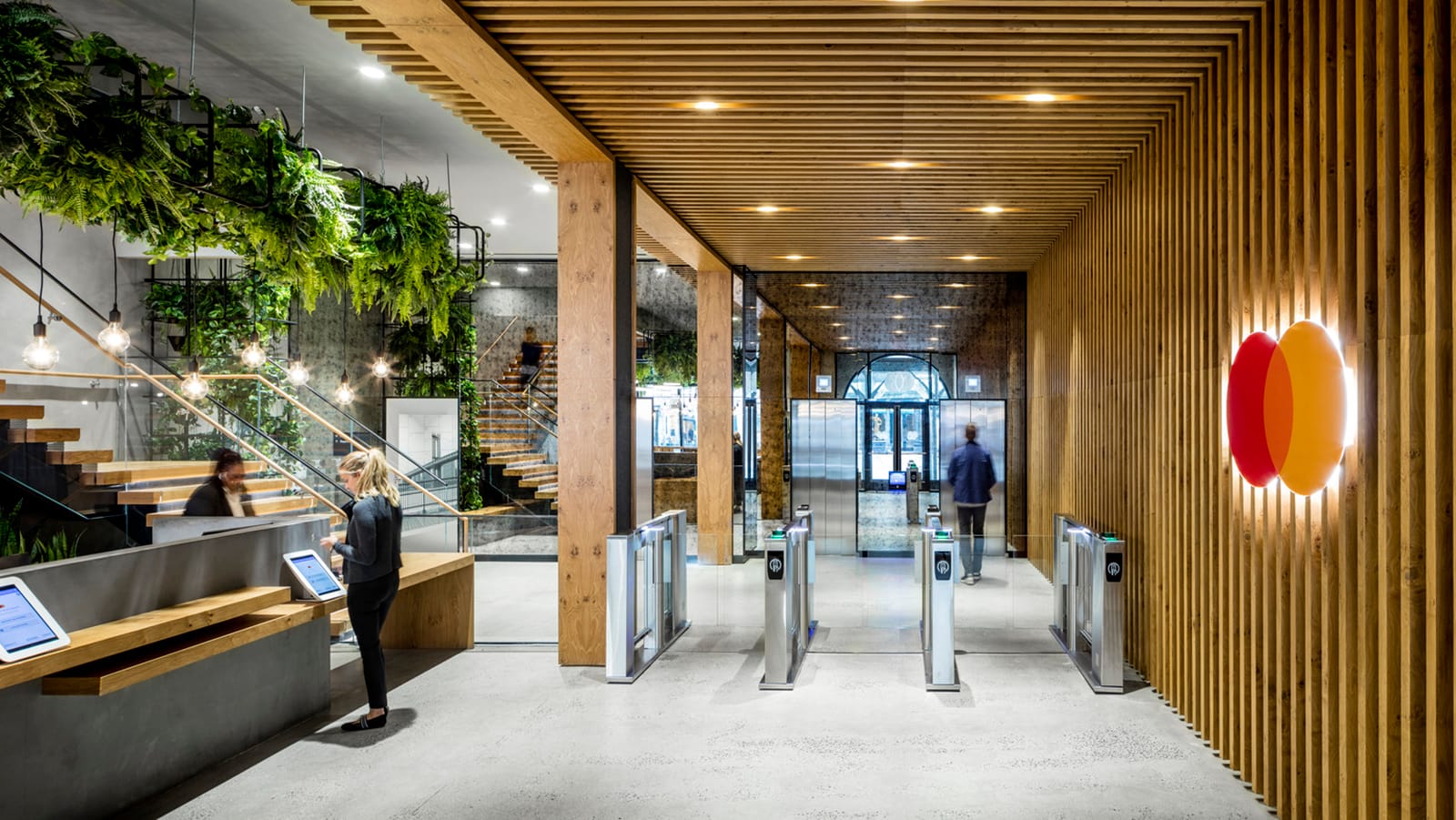
Exploring the Dynamic World of Tech Hubs
In today’s rapidly evolving technological landscape, the concept of a “tech hub” has become increasingly prominent. These hubs serve as epicenters of innovation, fostering the growth of startups, nurturing talent, and driving economic development. From Silicon Valley to emerging hubs in Asia and beyond, let’s delve into what makes these tech mttimes.us hotspots so vital in shaping the future of technology and entrepreneurship.
Introduction to the Tech Hub
Tech hubs, also known as innovation clusters or technology ecosystems, are geographical regions where a high concentration of tech companies, startups, and research institutions thrive. These hubs are characterized a dynamic and interconnected network of entrepreneurs, investors, engineers, and creatives working collaboratively to develop groundbreaking technologies and solutions.
In today’s interconnected world, the concept of a tech hub extends beyond physical boundaries, encompassing virtual communities and digital platforms where knowledge sharing and collaboration occur seamlessly. These hubs play a pivotal role in driving economic growth, attracting investment, and propelling technological advancements.
Table of Contents
ToggleCharacteristics of a Successful Tech Hub
Successful tech hubs share several common characteristics that contribute to their vibrancy and innovation-driven culture.
Innovation and Entrepreneurship
At the heart of every tech hub lies a culture of innovation and entrepreneurship. These hubs provide fertile ground for visionary thinkers and risk-takers to transform bold ideas into viable businesses. Whether it’s developing cutting-edge software, launching disruptive startups, or pioneering breakthrough technologies, innovation is the lifeblood of these ecosystems.
Access to Talent and Resources
A thriving tech hub boasts a diverse and highly skilled talent pool, comprising engineers, developers, designers, and business professionals from around the globe. Access to top-tier talent is essential for fueling innovation and driving growth. Additionally, tech hubs offer access to a wide range of resources, including funding, mentorship, and support services, to help startups scale and succeed.
Supportive Ecosystem
Tech hubs foster a supportive ecosystem where collaboration and knowledge sharing are encouraged. From co-working spaces and incubators to networking events and startup accelerators, these ecosystems provide valuable resources and connections to help entrepreneurs navigate the challenges of building a successful tech company.
Infrastructure and Connectivity
Infrastructure and connectivity play a crucial role in the success of tech hubs. Access to high-speed internet, state-of-the-art facilities, and transportation networks is essential for facilitating collaboration and innovation. Additionally, proximity to leading research institutions, universities, and industry partners enhances the overall ecosystem and fosters collaboration between academia and industry.
Examples of Well-Known Tech Hubs
Silicon Valley, USA
Silicon Valley, located in the San Francisco Bay Area of California, is perhaps the most iconic tech hub in the world. Home to tech giants such as Apple, Google, and Facebook, as well as thousands of startups and venture capital firms, Silicon Valley has long been synonymous with innovation and entrepreneurship.
Bangalore, India
Dubbed the “Silicon Valley of India,” Bangalore has emerged as a leading tech hub in Asia, attracting multinational corporations, startups, and tech talent from across the globe. With a thriving ecosystem of tech companies, research institutions, and venture capital firms, Bangalore has become a hotbed of innovation and technological advancement.
Shenzhen, China
Shenzhen, located in Southern China’s Guangdong Province, has rapidly transformed from a fishing village into a global tech powerhouse. Known as the “Silicon Valley of Hardware,” Shenzhen is home to some of the world’s largest electronics manufacturers and hardware startups. The city’s vibrant ecosystem and entrepreneurial spirit have fueled its rapid growth and innovation.
Tel Aviv, Israel
Tel Aviv, often referred to as “Startup Nation,” has emerged as a leading tech hub in the Middle East, known for its thriving startup ecosystem and culture of innovation. With a high concentration of tech startups, venture capital investment, and entrepreneurial talent, Tel Aviv has earned its reputation as a global innovation hub.
Berlin, Germany
Berlin has emerged as a vibrant tech hub in Europe, attracting entrepreneurs, investors, and tech talent from around the world. With a diverse and dynamic startup ecosystem, Berlin offers a supportive environment for innovation and entrepreneurship. The city’s rich cultural scene, affordable cost of living, and access to talent make it an attractive destination for tech startups and investors.
Emerging Tech Hubs
While established tech hubs like Silicon Valley and Bangalore continue to dominate the global tech landscape, emerging markets are increasingly becoming key players in the innovation economy. Countries in Asia, Africa, and Latin America are witnessing a surge in tech entrepreneurship and investment, giving rise to new and exciting tech hubs.
Role of Emerging Markets
Emerging markets play a crucial role in driving innovation and economic growth, offering untapped opportunities for tech startups and investors. These markets are characterized rapid urbanization, a young and tech-savvy population, and growing demand for digital solutions across various sectors.
Potential Contenders for Future Tech Hubs
Several cities and regions around the world are poised to become the next generation of tech hubs, leveraging their unique strengths and advantages. From emerging economies in Southeast Asia to burgeoning tech scenes in Africa and Latin America, the future of tech innovation is increasingly decentralized and diverse.
Benefits of Being in a Tech Hub
Joining a tech hub offers a myriad of benefits for entrepreneurs, startups, and tech professionals alike.
Related Posts

Can You Go from Vet Tech to Veterinarian? A Comprehensive Guide

Exploring This Tech Hub: A Comprehensive Overview

